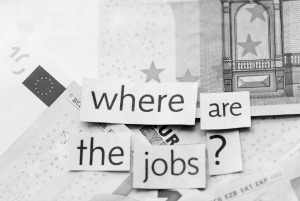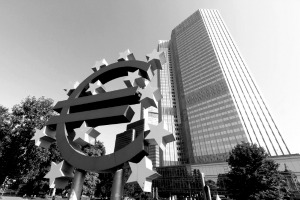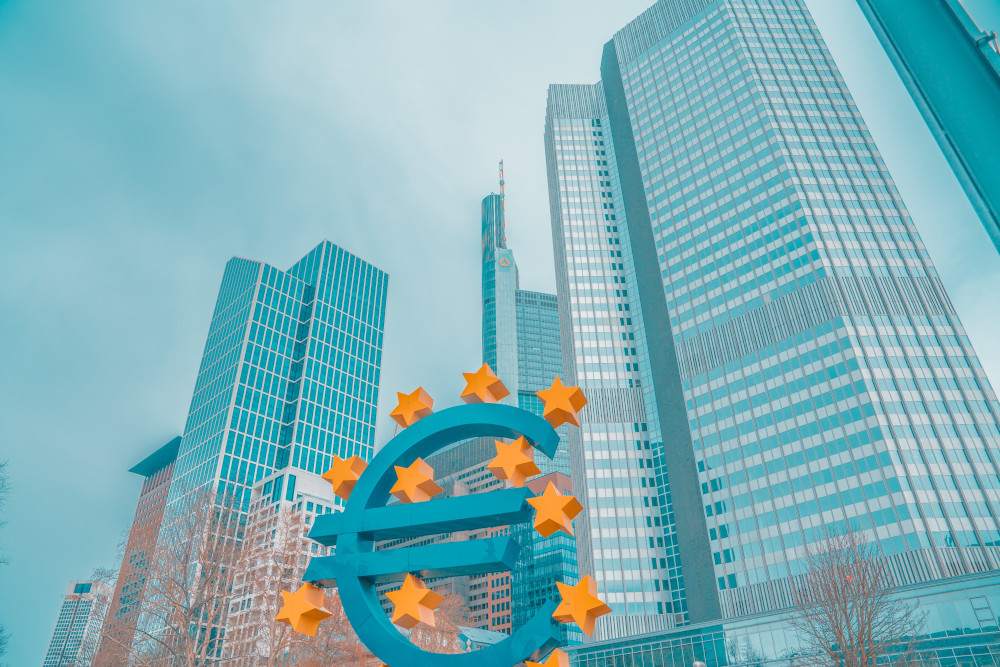
Republic of Opportunity or State of Insecurity?
James Doorley Introduction On the day of his election as An Taoiseach (June 14th 2017), Leo Varadkar T.D. spoke about creating a ‘republic of opportunity’.1 Although an admirable vision for the country, the evidence suggests that Irish society has a long way to go to make such noble ambitions a reality, particularly for unemployed young… Read more »







